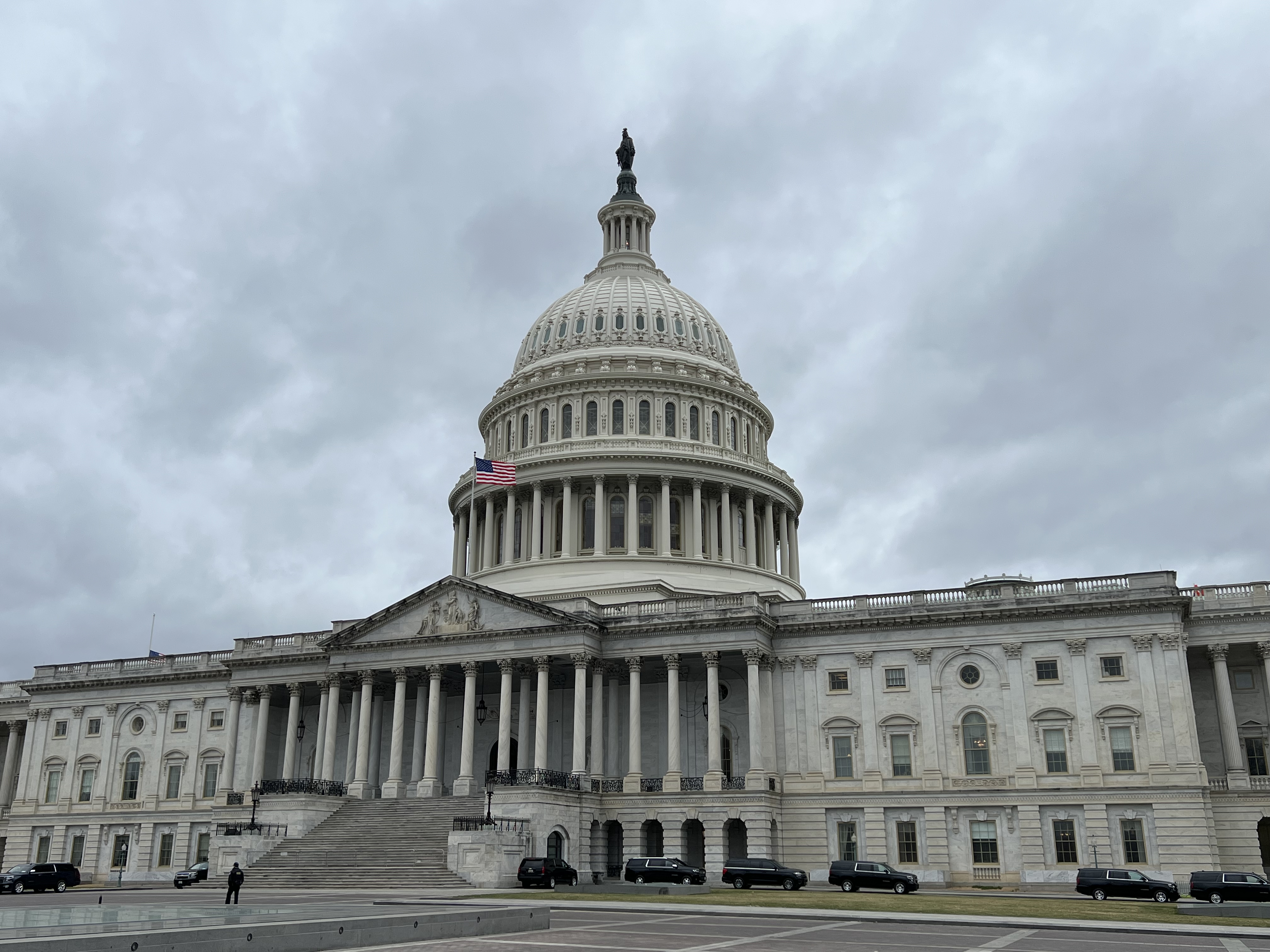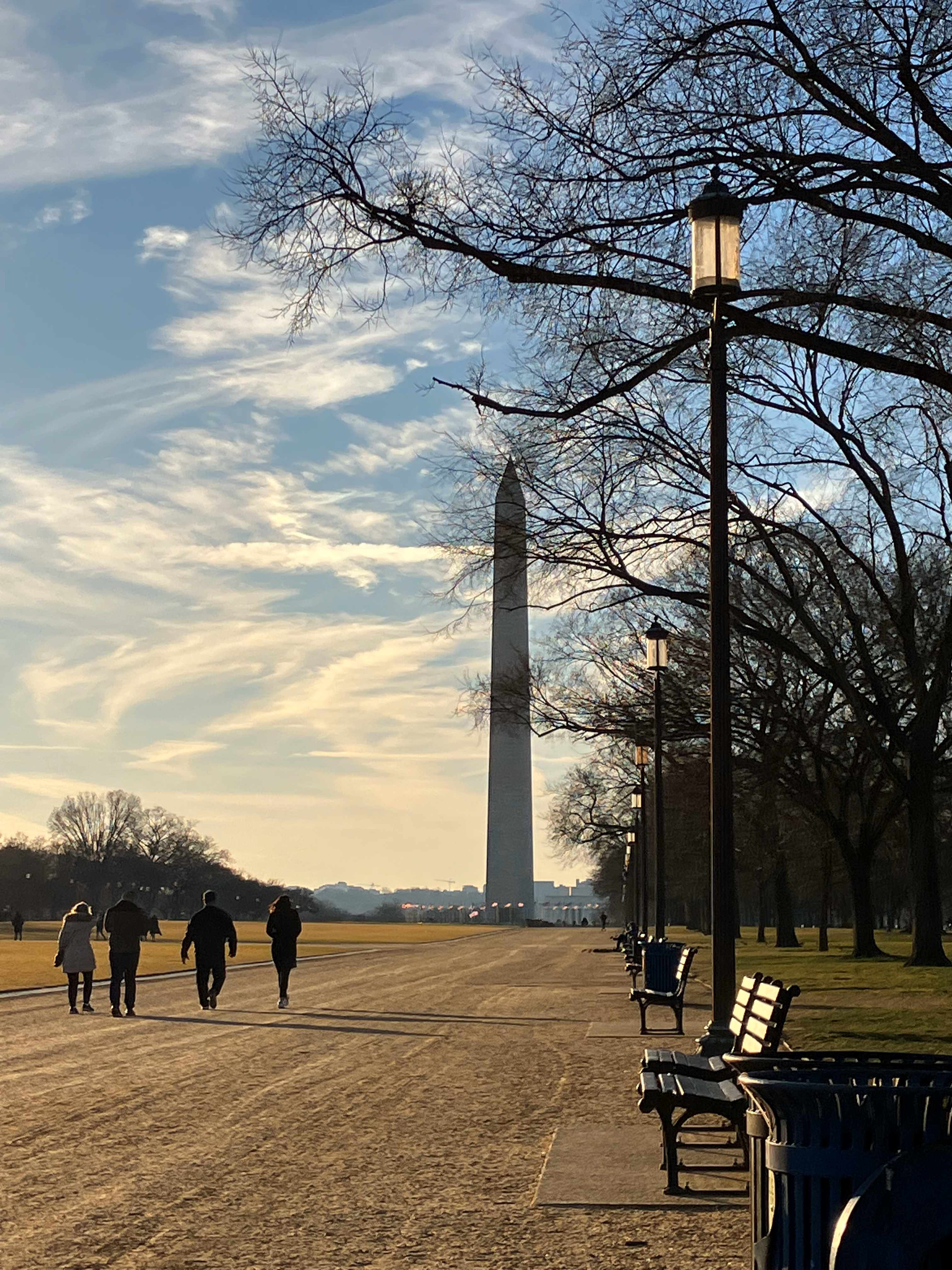|
APT June 2025 Town Hall: Historic Preservation in Crisis-A Community Gathering
Thursday, June 12, 2025
3:00 pm - 4:00 pm ET
Since 1966, the United States (US) Federal Government has played a critical regulatory, funding, and guidance role in the preservation, conservation, and interpretation of historic places, artifacts, documents, and archaeological sites in the US. Federal dollars and expertise have permeated the public history and preservation communities, leveraging private donations, volunteers, and non-profit organizations of all scales. Federal funds have also catalyzed private investment to restore and reenergize buildings, neighborhoods, and entire towns and cities - making historic places meccas for tourism, business, and as places to live - economic, educational, and entertainment engines for local economies.
While not perfect, the system has been robustly built upon this foundation of federal investment for over half a century: forming a large community, educating and empowering Americans through interpretation, and serving a significant environmental benefit through reuse and the lessons taught by designers and builders of the past.
But now all that infrastructure and cumulative generational knowledge is being lost. The impact is only just starting to be revealed - not just in the US but internationally - and is slated to become worse with the President’s budget essentially defunding the Historic Preservation Fund and slashing a variety of federal agencies and programs. The successful system is now broken with few left to accomplish tasks required by law and downstream layoffs at State Historic Preservation Offices (SHPOs) and Tribal Historic Preservation (THPOs) underway. Private businesses and nonprofits that are part of this public history/preservation ecosystem are beginning to lay off employees and reduce internship opportunities.
Join APT for a “Town Hall” to learn from more, to ask questions, and to be in community with your preservation peers:
-
An up-to-date summary on federal activities, executive orders, staff losses, and more from Erik Hein, the Executive Director of NCSHPO (the National Conference of State Historic Preservation Officers).
-
A summary of the very direct impact to one of APT’s membership organizations from Lissa Rosenthal-Yoffe, the Executive Director of the American Institute of Conservation and the Foundation for Advancement in Conservation.
-
An international perspective from Andrew Waldron, the Executive Director of the Canadian Association of Heritage Professionals.
-
Time for discussion and community, so needed in this difficult time.
This is a non-CEU event.
Panelists:
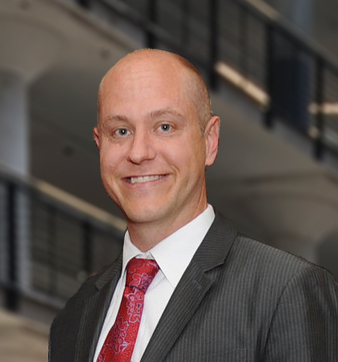 |
Erik Hein, Executive Director, National Conference of State Historic Preservation Officers
Erik Hein is the Executive Director of the National Conference of State Historic Preservation Officers (NCSHPO), the national organization representing the State Historic Preservation Offices in every State, Territory and the District of Columbia before elected federal officials, federal agencies, national non-profits and the public. Before this position, which he has held since 2013, he was the President of Preservation Action, a national grassroots nonprofit organization focused entirely on federal historic preservation policy. Prior to that he held various positions at statewide, local and municipal historic preservation organizations and offices in Pennsylvania and the District of Columbia.
A national leader in historic preservation, he currently also serves on the Boards of several non-profit organizations including the Preservation Action Foundation, National Preservation Institute, National Preservation Partners Network, Preservation Delaware and the Lewes Historical Society.
In addition to extensive public policy and nonprofit experience, Hein’s background is in communications and architectural history. He studied 19 th Century art and architecture at the Victoria University of Manchester, UK, and holds a Bachelor’s degree from Penn State University and a Master’s in American Studies/Historic Preservation from the George Washington University.
|
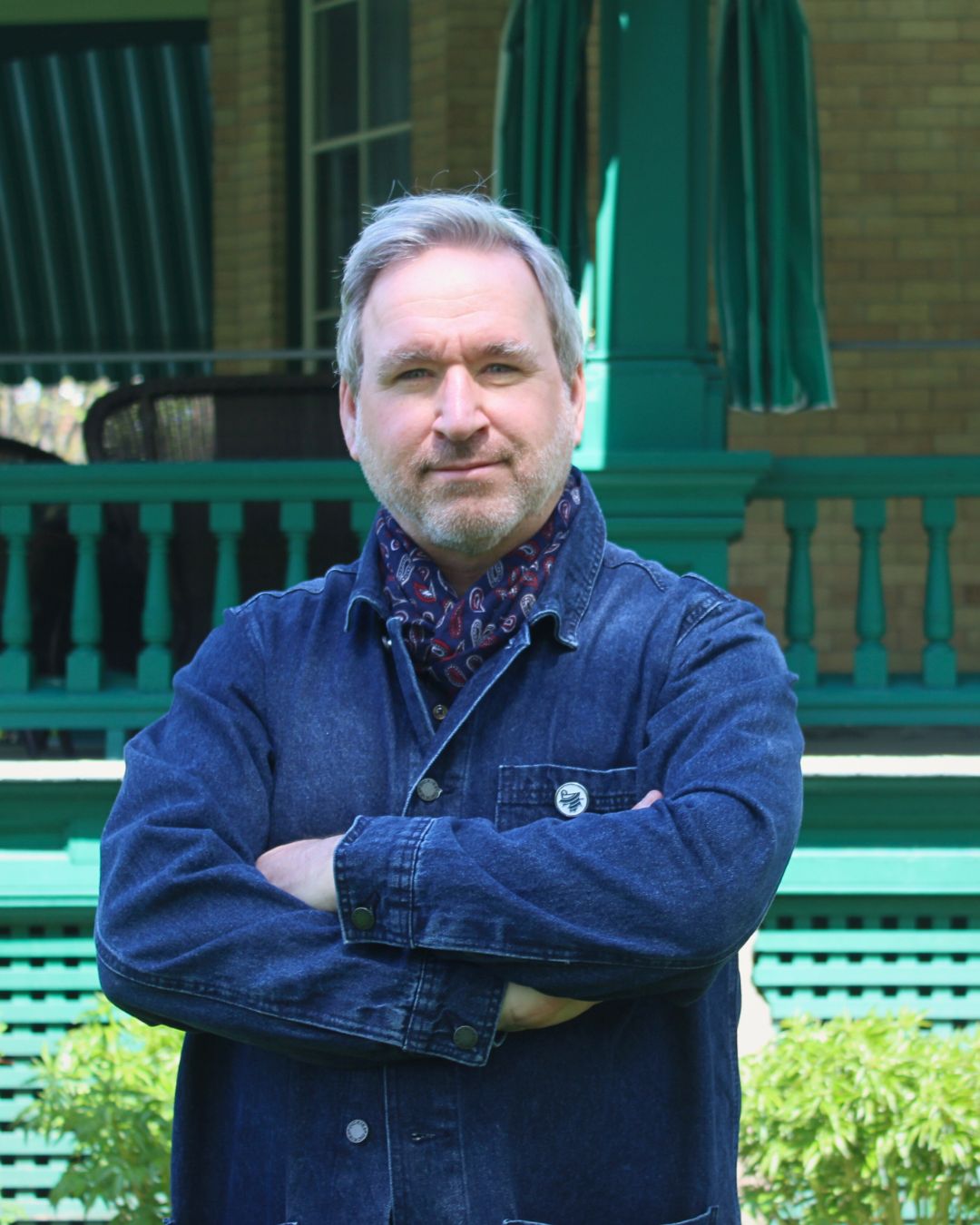 |
Andrew Waldron, Executive Director, Canadian Association of Heritage Professionals
For over 25 years, Andrew has been in the field of heritage conservation. He is the Executive Director at the Canadian Association of Heritage Professionals. Prior, he was the National Heritage Conservation Manager at BGIS, a leading provider of real estate management services. He is a former Parks Canada Superintendent, the Canadian Registrar of Historic Places and manager of the Federal Heritage Buildings Review Office.
Over the years, he has been president of the Society for the Study of Architecture in Canada and helped to found the National Historic Sites Alliance of Canada, a non-profit organization of nationally significant historic sites. He has written and presented on many topics and is the author of Exploring the Capital: An Architectural Guide to the Ottawa-Gatineau Region.
He is an adjunct professor at Carleton University in the History and Theory of Architecture and instructor in the Azrieli School of Architecture and Urbanism. His first love is Canadian architectural history and has specialised in researching modern architecture in Canada.
|
 |
Lissa Rosenthal-Yoffe, Executive Director, Foundation for Advancement in Conservation and American Institute for Conservation
Lissa Rosenthal-Yoffe (she/her/hers) is Executive Director for the Foundation for Advancement in Conservation and American Institute for Conservation. She has extensive nonprofit leadership experience, primarily in service to the arts and culture sector. Throughout her career, she has focused on development, coalition building, membership service, advocacy, and communications/marketing. Lissa has worked extensively in messaging and promoting equitable access to the arts and humanities through local and national organizations and events. She has held leadership and development roles at DC Arts and Humanities Education Collaborative, Future of Music Coalition, Pittsburgh Glass Center, and MoMA PS1. Lissa was Programs Director of American Council for the Arts (now Americans for the Arts), where she led national Arts Advocacy Day during the culture wars of the 90s. In addition to her work advancing the arts and cultural heritage, she has a long history of leadership for social justice organizations with missions to reduce gun violence against children, protect net neutrality, and increase support and services for people living with HIV/AIDS. Lissa educational background includes degrees and advanced study in Art History, Fine Arts, and Museum Studies. She is a sculptor based in Washington, DC area who likes to wear black.
|
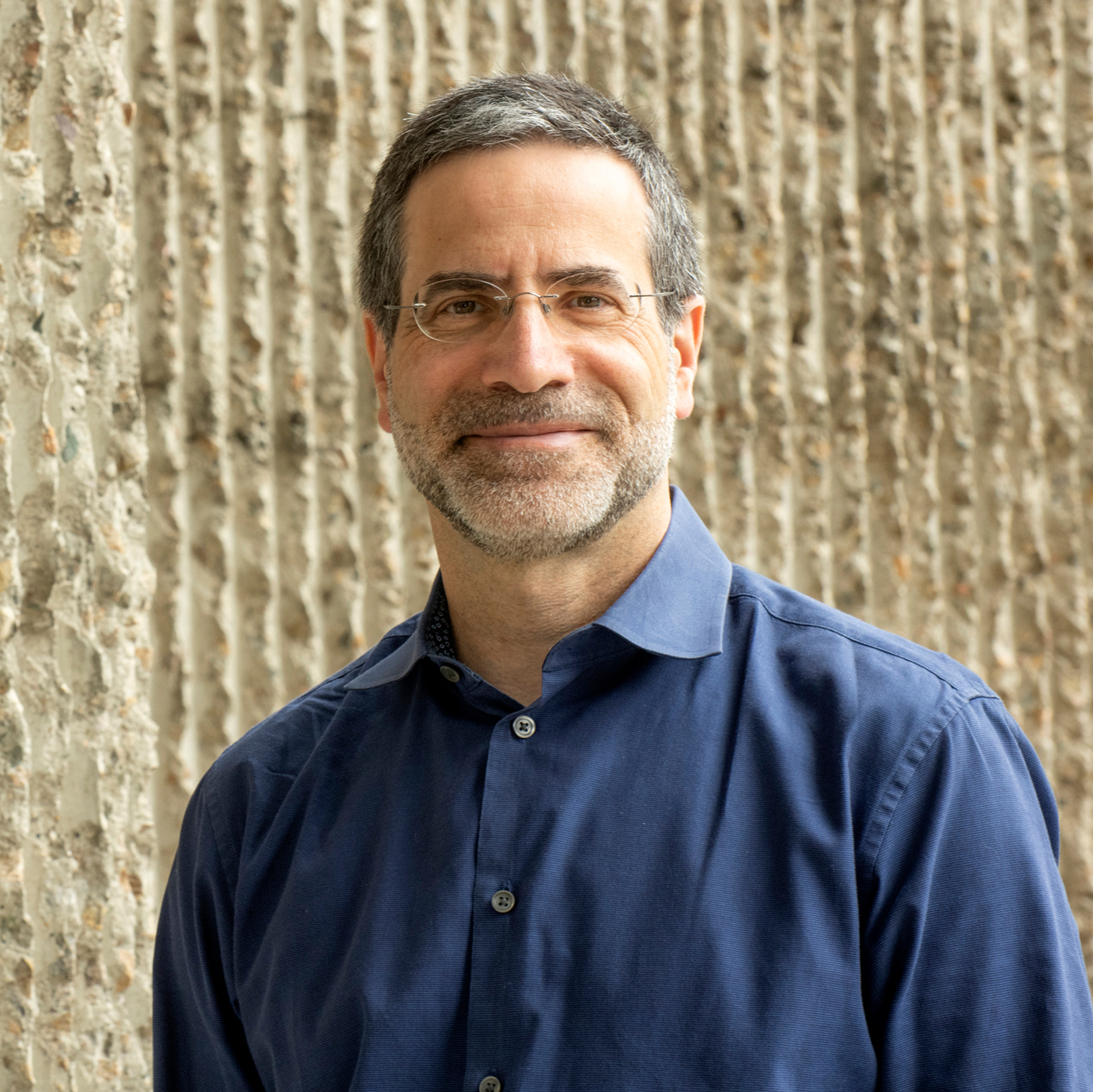 |
Greg GalerGreg Galer, Ph.D., Hon. AIA, HREDFP, Executive Director, APT
Greg Galer is the Executive Director of the Association for Preservation Technology International. He began this role inearly 2022, having previously served as Executive Director of the Boston Preservation Alliancewhere he impacted over $5 billion of real estate development. There he engaged with the design and development of local, regional, and national preservation policy as well as a wide variety of historic sites from National Historic Landmarks to locally significant sites, small scale residential projects, 60+ story buildings, churches, bridges, hospitals, neon signs, and Boston’s famed Fenway Park. His 35+ year career spans the breadth of public history including historic preservation, collection management, museum exhibits, documentation of historic sites, and adaptive use projects. He is a member of the Board of Directors of the National Preservation Partners NetworkGreg holds a bachelor’s degree from Brown University and a Ph.D. in the History and SocialStudy of Science and Technology from MIT. His past research includes the evolution of irontruss bridges, ironworking history, and the role of kinship in the transmission of technicalknowledge and capital in 19 th century American industrial enterprises. His personal interestsinclude backpacking, fly fishing, and restoring his 1880 home in southwest Virginia.
|
|





